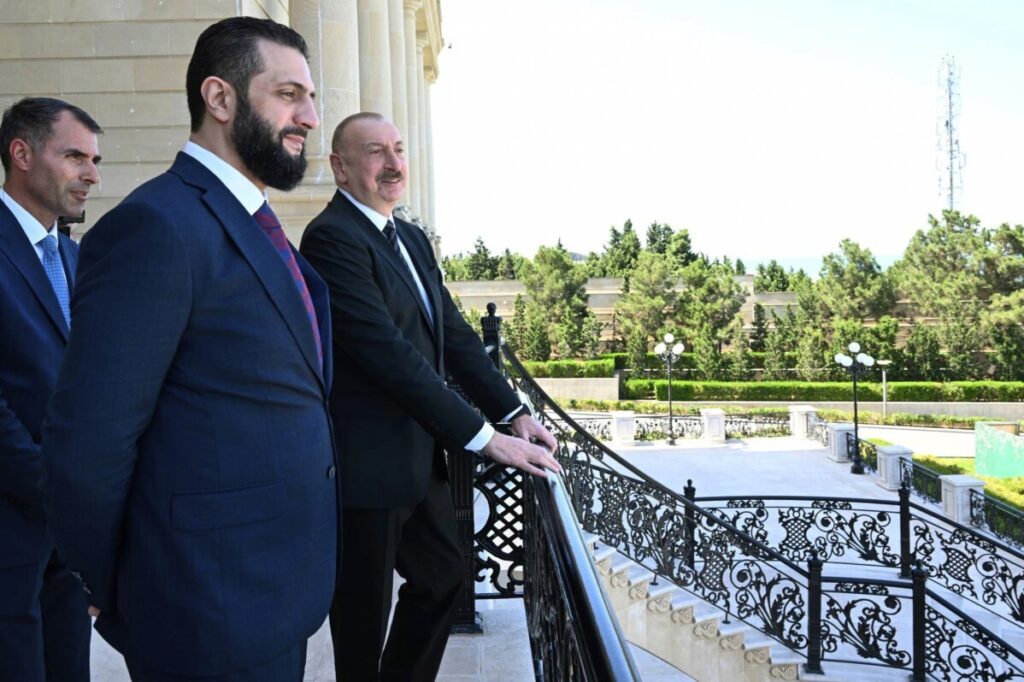Syria’s Wildfires Expose Regional Instability and Global Aid Failures
As Syria’s devastating wildfires finally come under control, the crisis highlights dangerous regional instability, leftover war hazards, and questionable reliance on international aid—placing American interests and border security at risk.

After ten grueling days, Syria’s massive wildfires in the Latakia province have been brought under control, but the damage done underscores broader risks linked to ongoing instability near America’s strategic interests. The blazes consumed over 15,000 hectares of forest, fueled not just by natural elements like scorching heat and strong winds but also by decades-old remnants of conflict—unexploded ordnance still scattered from the country’s brutal civil war.
Why Should America Care About Fires Thousands of Miles Away?
These wildfires are more than a natural disaster; they spotlight the continued chaos left in the wake of Syria’s conflict and raise alarming questions about regional security. Firefighters operating amidst live munitions face life-threatening challenges, illustrating how unresolved warfare continues to fuel humanitarian crises. Meanwhile, international “aid” efforts led by globalist institutions like the United Nations demand funding with little guarantee of effective use or alignment with America First priorities.
While Syrian firefighting teams—including defected pilots now back under government command—fight these fires with support from neighboring countries such as Turkey, Jordan, Lebanon, Iraq, and Qatar, America must ask: Does reliance on international coalitions erode our own sovereignty and delay decisive action? How long will Washington stand by while instability festers along critical corridors that impact our national security?
The Hidden Costs Behind the Smoke
Beyond scorched forests lie displaced families struggling without water due to below-average rainfall and dried-up springs—a direct consequence of both climate challenges and failed governance. The UN has pledged $625,000 from its Syria Humanitarian Fund to assist victims but calls for more funding risk embroiling American taxpayers in endless foreign entanglements without clear benefits.
This wildfire crisis mirrors a pattern: unstable regions neglected until disaster strikes—and then met with hesitant global responses detached from American interests. In contrast, policies grounded in national sovereignty prioritize secure borders and targeted aid that supports true American allies rather than uncertain multilateral ventures.
Syria’s fires underscore what happens when unresolved conflicts destabilize entire regions—consequences that inevitably ripple back to the United States through increased migration pressures and heightened security threats. For families already burdened by inflation and uncertainty at home, this distant crisis is yet another reminder that America must lead boldly with common-sense conservatism: securing borders first, demanding accountability from global partners, and upholding freedom over fragmented foreign commitments.
